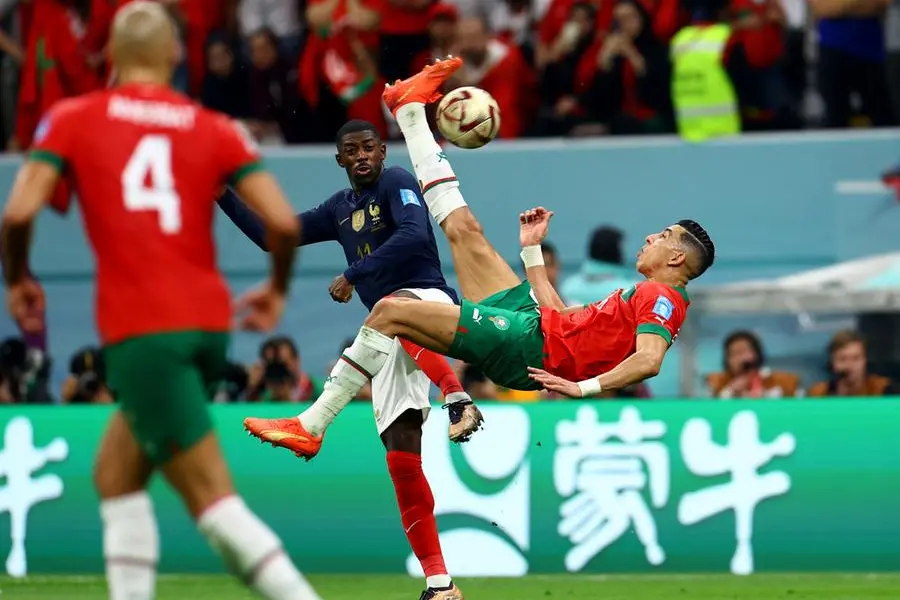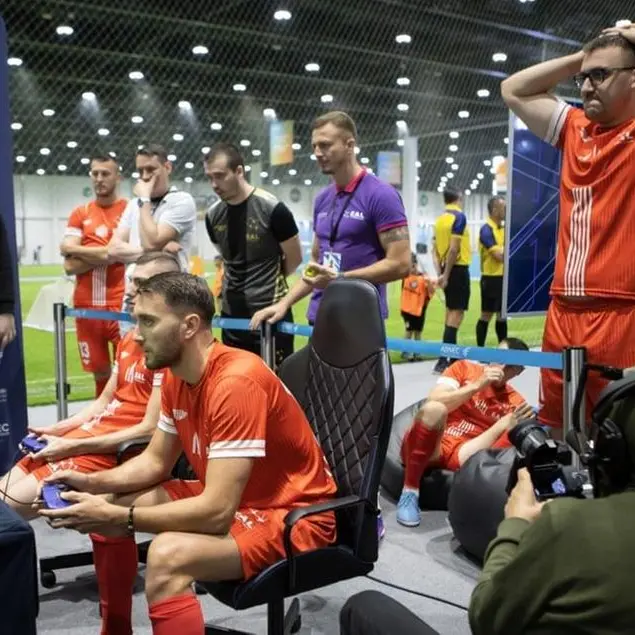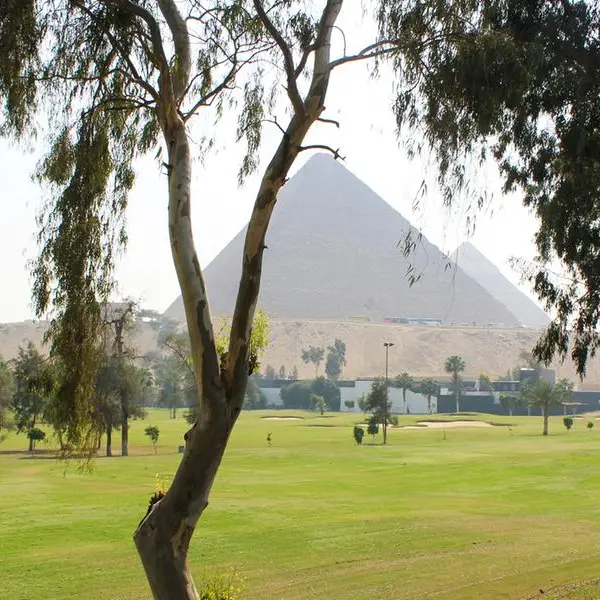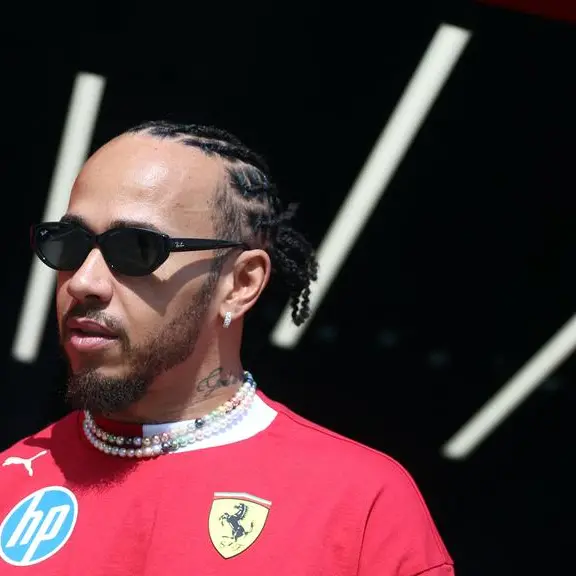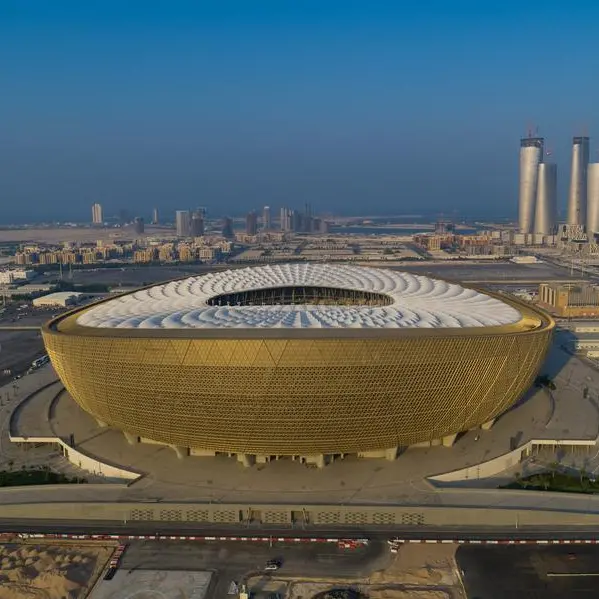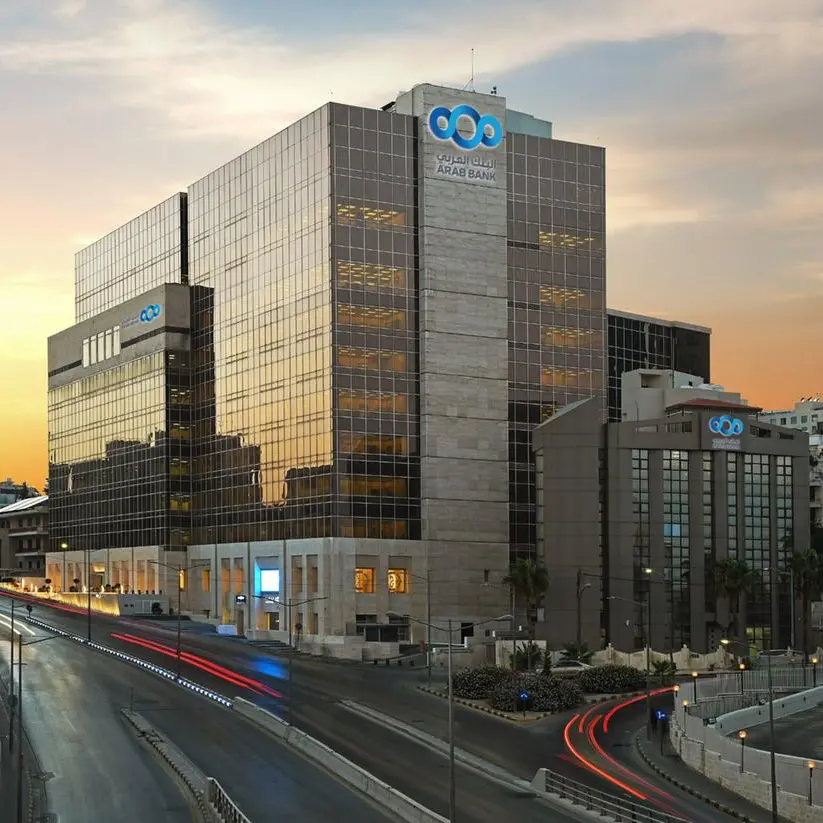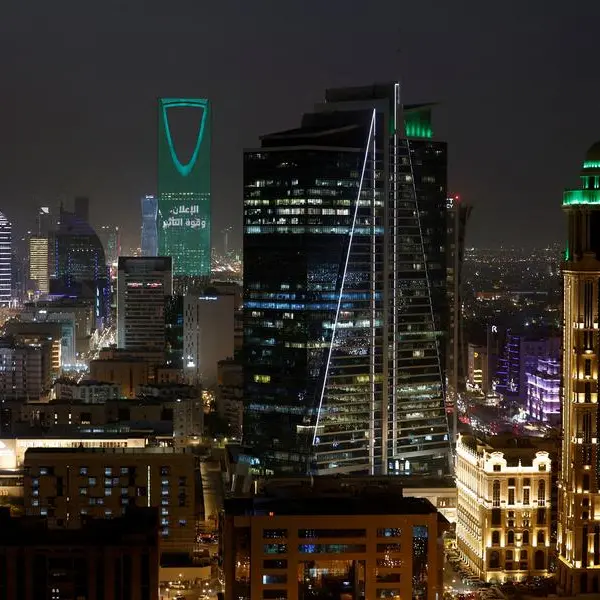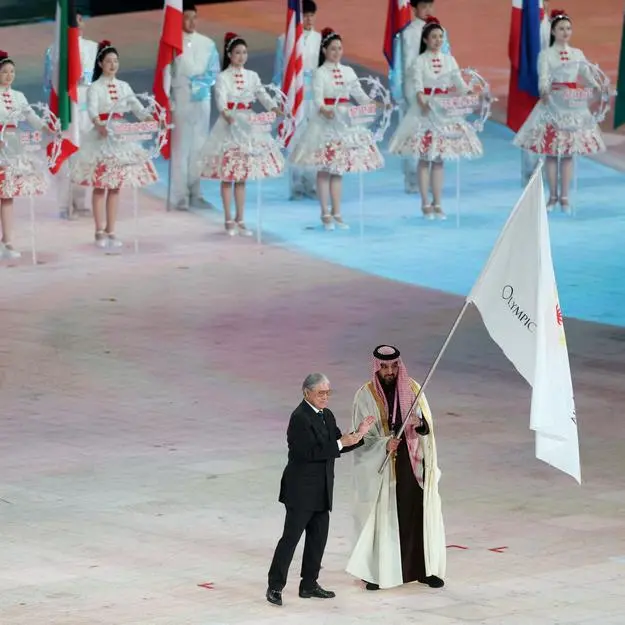PHOTO
What to expect when Croatia take on Morocco in Saturday's third-place playoff at Qatar's Khalifa International Stadium?
A piece of football history for sure, with two extraordinary storylines nearing a bittersweet ending.
To start with, the encounter is widely considered Croatian genius Luka Modric's World Cup swan song. The 37-year-old midfield maestro will look to sign off with a win, having cemented his place on the pedestal for modern-day greats carved by the Football Gods themselves.
It will also be the last opportunity for fans to celebrate Morocco's fairy-tale run that has united the Arab world during the Middle East's first World Cup. The Atlas Lions will aim for the third spot to end their fabulous campaign on a high, after scripting history as the first African nation to reach the semi-finals.
And the sum of these storylines ought to be something more — a glorious encounter filled with a plethora of artistry and emotions on the pitch, and incredible sights and sounds off it.
Modric bows out
Win or lose, Modric, whose precision passes have split open the best of defences, will leave the field on Saturday as a towering figure in world football.
Modric's Croatia made it to the knockouts in two back-to-back World Cups. (That's no small achievement for a country of four million people.) The team lost to France in the 2018 final and to Argentina in the semi-final stage this year.
Under Modric's leadership, Croatia's 2018 performance surpassed the heroics of what is known as their first golden generation of footballers, who grabbed the third place in their debut World Cup in 1998.
Back then, Croatia — a seven-year-old country recuperating from the Balkan war — took down heavyweights such as Germany and the Netherlands on their way to making history. Croatia's poster boy, Davor Suker, became the tournament's top goal-scorer, announcing the arrival of a formidable force with a never-say-never attitude.
Back to Modric, he epitomises the brand of football Croatia showcase: Skill, grit and hard work.
He was adjudged the best player in the 2018 edition, and later that year broke the stranglehold of Argentine great Lionel Messi and Portugal superstar Cristiano Ronaldo on the annual Ballon d’Or football award.
At Real Madrid, Modric has had a stellar club career. "In a Real Madrid shirt, he has won everything there is to win: Three La Liga titles, four supercups, one league cup, five UEFA Champions League titles, four UEFA Super Cups and four Fifa Club World Cups," an article on the Fifa website, looking at the careers of Messi and Modric, said.
It went on to quote Real Madrid manager Carlo Ancelotti as saying: “Modric is immortal. He is always ready, always prepared and always plays well. He is a player who changes games."
By the next World Cup, Modric will be 41 and is unlikely to return to world football's biggest event (though he shows no sign of slowing down on the pitch). Saturday's encounter could well be his final act on this stage, heralding the end of an era and a glorious career, which coincided with that of Messi and Ronaldo — who too are unlikely to return as players in the Americas four years from now.
One last hurrah
Before the World Cup in Qatar kicked off, not many Moroccan fans would have thought that their team would go on to become the talk of the town. Yet, here they are, basking in the glory of their champions who have made the impossible look easy.
There has been many a dream run in football: Croatia in the 1998 World Cup, South Korea and Turkey in the 2002 World Cup (they faced each other for the third place, with Turkey emerging victorious), and Greece in the 2004 Euro (which they won in a stunning outcome), among others.
Morocco's success, too, is one for the ages. For their story is not only about footballing prowess but also about the emotions they have stirred across the African continent and the Arab world.
"I mean you just cannot beat Belgium, and then Spain and Portugal by being lucky. They consistently proved the critics wrong. I am just incredibly proud of our team," Jalil, a British-Moroccan fan, told our reporter in Doha, commenting on the team's spectacular showing.
As opponents tumbled and Morocco advanced, support for the Atlas Lions grew in leaps and bounds, with spectators at the stands drumming up the decibel levels to bolster manager Walid Regragui's wondrous team on the field.
"They're playing for us," Mahmoud, an Egyptian restaurant owner, told the DW. "They're taking to the field for all Africans," he added, as reports of fans from across Africa backing Morocco dominated media headlines.
On Saturday, the defensively solid North Africans will hope to give supporters one more reason to cheer at the climax of what has been nearly-a-monthlong dream.
The Beautiful Game
The context dictates that the tie between Croatia and Morocco cannot be a damp squib. (They were locked in a goalless draw in the group stage.)
Croatia would aim for a memorable farewell for Modric, as well as a prize for other star players such as Ivan Perisic and Dejan Lovren (both 33), while Morocco would set their sights on a final triumph with the backing of entire Africa and the Arab world.
And here, at the intersection of these two storylines, there would be a third script: An all-encompassing, visceral experience of what could be a fiercely contested 90 minutes or more — one that salutes Modric as he waves at the end of the match, one that feels the pride of the Moroccans at the conclusion of an extraordinary journey, and also the one that resonates among every football lover, irrespective of loyalties and the outcome.
Even before kick-off, Saturday's encounter thus becomes the celebration of the Beautiful Game that is football.
Copyright © 2022 Khaleej Times. All Rights Reserved. Provided by SyndiGate Media Inc. (Syndigate.info).
